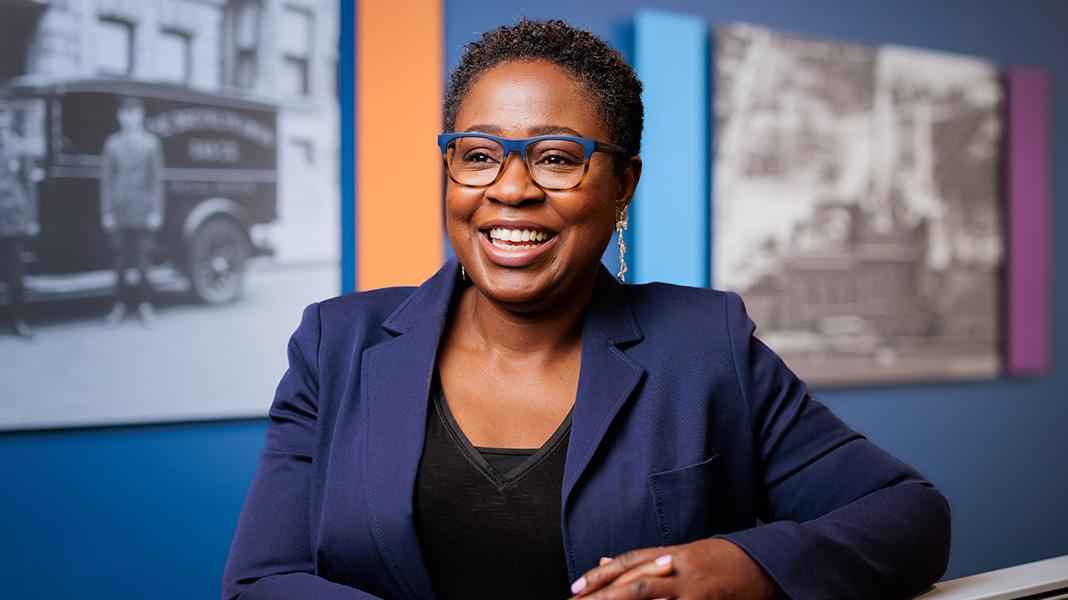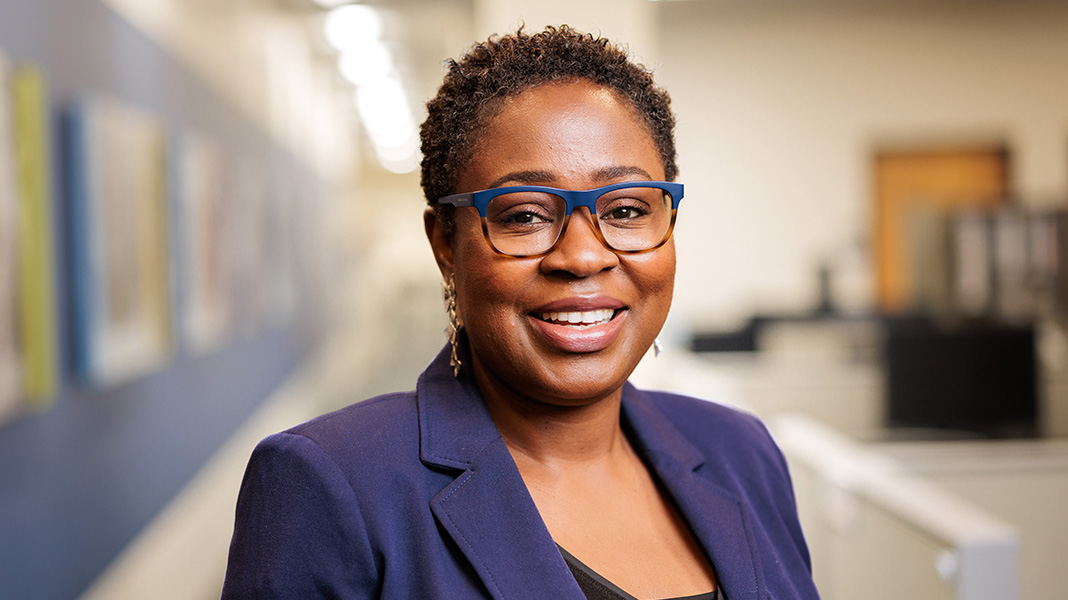Ask an engineer: Risikat
To celebrate International Women in Engineering Day (INWED), we’ve asked six of our women engineers a series of questions about how engineering affects their lives and careers, as well as their thoughts on future innovation.
Risikat is a Lead Engineer in Pressure Regulation Engineering.
On becoming and being an engineer:
What inspired you to become an engineer?
I was inspired by a female trailblazer engineer in Nigeria who gave a speech to my class when I was in high school. She was one of the first women engineers to own and operate an engineering firm in Nigeria. Before then I was not aware there were different opportunities for women in engineering. She opened my eyes to the different aspects of engineering.
What barriers (if any) have you encountered in your career?
Being underestimated – and I believe that comes from implicit bias; half of the time I don’t think people realize they do it but they self-correct after getting to know me and realizing what I bring to the table.
What advice would you give to potential future women in engineering?
Be yourself from the first day of your career, realize you are meant to be at the table and get yourself a very good mentor.

On working in the energy industry:
How do you think being a woman engineer has shaped your career experience so far?
I have been so lucky to have had different mentors to help shape my career growth since I started working. I’m not sure how my career path or experience would have been different if I was not a female engineer, because that is the only experience I know. But one thing that has helped me career-wise is having mentors, mentoring and always being open-minded. I changed my career from the aviation sector to the energy sector mid-career; having engineers’ support during that transition was invaluable.
Which part of working in engineering did you least expect?
The time it takes to get innovation implemented.
How is your work changing the industry for the better?
Working for National Grid during this period is fulfilling; National Grid’s vision to fully eliminate fossil fuels from our US gas and electric systems by 2050 shows I work for a company that is at the forefront of finding solutions to the world’s global warming problems.
On a more personal level:
Has your job influenced how you approach other areas of your life?
Yes, knowing I work on a commodity that’s important for everyday living to our customer makes me keenly aware of the criticality of my job and how important it is to be at my best in what I do for my community. I carry this expectation to all my daily activities.
What qualities do you have that make you good at what you do?
I’ve been an engineer for over 15 years and I am still learning. This is what makes me good at what I do. I am never arrogant enough to believe I know everything – I know the industry is constantly changing and I am always willing to learn and develop.
Did you have an engineering role model that inspired you?
I have always had engineering role models; from the female engineer that introduced me to engineering to my first mentor, who was the only female engineer at the company I worked for before I started. She was the one that thought me the importance of being a mentor to other women engineers and how important it is to encourage young high schoolers to go into the engineering profession.
On innovation and the future of engineering:
What innovative technologies or advances in engineering do you find most exciting?
I am excited about the different ways and technologies National Grid is exploring to fully eliminate fossil fuels from our gas and electric systems. Global warming is real and we all have to work together to help curb it; National Grid’s vision of doing its own part to help curb global warming is exciting and I am looking forward to being part of the solution.
What are you working on, or have worked on, that is considered innovative?
With the proliferation of terrorist attacks and bad actors, protecting our assets is very crucial to the growth of the company and, while this aspect of my job may not be seen as innovative, I believe it's very important to the company’s security.
I’m the Gas Business Unit CEII (Critical Energy Infrastructure Information) Coordinator. CEII is specific engineering, vulnerability, or detailed design information about proposed or existing critical infrastructure. It gives strategic information that could be useful to a person planning an attack.
I provide information and support to Gas data owners and users to ensure the protection of our CEII information, by reviewing documents that are being sent out of the company and ensuring they are properly labelled and redacted if necessary, which ensures that CEII is only received by authorized persons.

